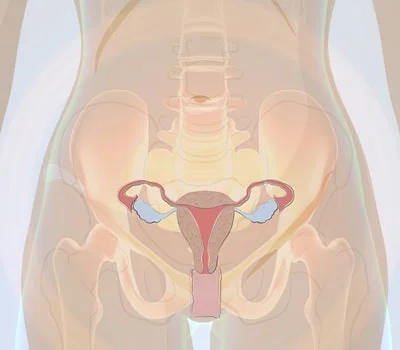All Departments
- PCOS Treatment
- STD Treatment
- Infertility Treatment
- Fibroid Treatment
- Endometriosis Treatment
- Ovarian Cyst Treatment
- Sexual Dysfunction
- Menopause Specialist
- Irregular Menstrual
- Laparoscopic Gynecologists
- Hysterectomy
- Urogynecologist
- Contraception
- Colposcopy
- AMH Testing
- O Shot
- G shot Treatment
- Vaginoplasty
- labiaplasty
- Clitoral Hoodectomy
- Vaginal Bleaching
- High-Risk Pregnancy
- Pregnancy Care
- Maternal Fetal Medicine
- Cesarean Delivery
- Painless Normal Delivery

Urogynecologist
Overview
It is embarrassing for women to talk about prolapse and urine incontinence issues. Evidence indicates that a woman may wait up to five years before seeking treatment for these issues. Urogynaecology is a subspecialty of gynecology and urology that deals with female bladder problems. Urogynecologists can also help women who have suffered injuries to their perineum after childbirth.
Our urogynecologist i, we has years of expertise dealing with these delicate matters. He gives thoughtful, individualized care that is holistic in nature. His team consists of specialists with advanced training in treating pelvic floor dysfunction.
What does a Urogynecologist do?
Urogynecologists deal with urinary incontinence and problems related to bladder, and pelvis. This involves troubles with reproduction, weak pelvic muscles, hyperactive bladders, and urinary or rectal incontinence (the loss of control when going to the bathroom). Urogynecologists assess patients, make diagnoses, and administer treatments.
What is urinary continence?
Unintentional or involuntary urination is a widespread issue called urinary incontinence that affects millions of individuals worldwide.
What are the causes of urinary incontinence?
Urinary incontinence is typically brought on by injury to or deterioration of the urination-controlling muscles, such as the pelvic floor muscles or urethral sphincter. In contrast, overactive detrusor muscles in charge of bladder control frequently cause urge incontinence.
Your risk of getting urine incontinence may be increased by certain factors, such as:
Obesity
Diabetes
Maternity and vaginal delivery
A history of incontinence in the family
Getting older, even if incontinence is not a necessary aspect of getting older.
What are the types and symptoms of urinary incontinence?
Depending on the type of incontinence, your symptoms may vary. The following types, or a combination of both, are the most prevalent:
- When you laugh, cough, or strain your bladder in any other manner, you have stress incontinence, which results in pee leaking out.
- Urine seeping out concurrently with or shortly after a sudden, strong need to urinate is known as urge incontinence.
What other urinary conditions does our urogynecologist treat?
Depending on the type of incontinence, your symptoms may vary. The following types, or a combination of both, are the most prevalent:
- Fistulas
- Urge to urinate
- Cystitis interstitial
- Uncontrollable bladder
- Uterine, bladder, or cervix prolapse
- Urinary tract infections frequently (UTIs)
When should you visit a urogynecologist?
A urogynecologist may be a good choice if you are experiencing the following symptoms:
- Leaking feces or urine
Pelvic discomfort during sex - Peeing frequently or urgently
- Urinary tract infections frequently
- Difficulty emptying the bladder or peeing
- Something protruding from your vagina or a bulge in your vagina
- Aches or fullness in the vagina that worsens at night or during bowel movements

